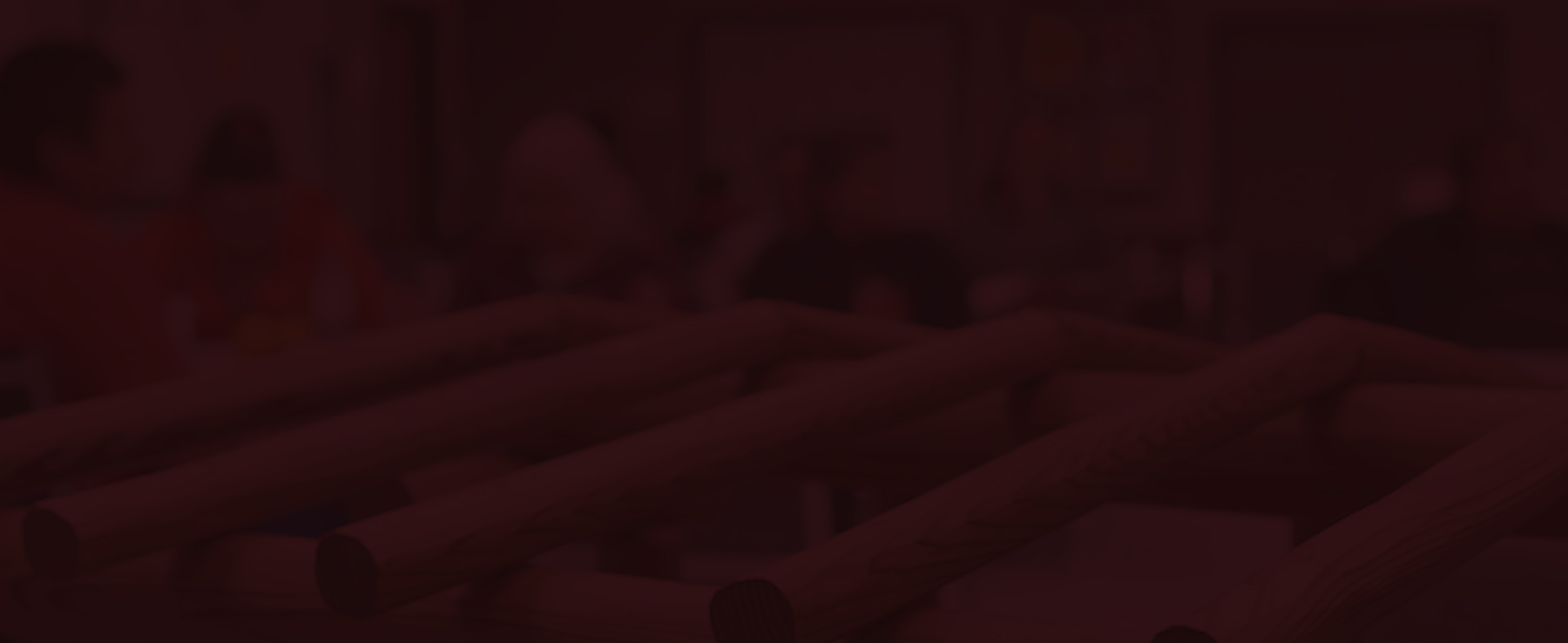
The People
In our oral tradition, there is a story about Thlaathluktiinlth (Two Hundred Mouths), one of two beings who created the World as we now know it. According to our tradition, Thlaathluktiinlth “came down” at the sea stack on the western entrance of Walters Cove, directly across the harbour from where we live now. Here he created the Qwowinasath – one of our chiefly families. The Qwowinasath thus became owners of Aktis Island, which was our main village site at that time. The other groups were then created at their respective rivers or sites.
For many generations, people here flourished, sustained by the abundant marine, terrestrial and coastal resources of this region. Our people were, and still are, a saltwater people. Our ancestors fished for five species of salmon. Halibut and other ground fish, herring, abalone, sea urchins, mussels, clams and other fish and shellfish were harvested from the many streams and inlets of the coast. Off shore, we hunted sea otter, seals, sea lions and whales from our dug out canoes. On land, we picked the many berries and roots that made up an important part of our diet.
We were part of an extensive trade network, with routes weaving east through Tahsish and Artlish all the way to the east coast of Vancouver Island. Our dentalia shells, which were used as currency in early First Nations trading, have been found in locations across the continent and as far away as Mexico.
Our people traveled the ocean by canoe, made from the great cedar trees that once liberally graced these shores. From cedar wood and bark we also made baskets, clothing, and the great totems that recounted our family stories. Our houses, also made of cedar, were painstakingly disassembled and moved each summer when all of our local groups would share a summer village on Aktis Island. Throughout the year, our tribes would unite for feasts, potlatches, singing, dancing and other communal practices.
With the arrival of European explorers in the mid-1700s, our traditional ways of life began to change. Many of our people died with the spread of diseases such as smallpox, tuberculosis, and measles. We lost the rights to our land and resources, and many of our people lost their traditional language when, as children, they were taken by the residential school system.
Great demand for our once abundant sea-life also had a huge impact. Demand for otter pelts moved our people away from their winter villages, and decimated our resident sea otter population. In the early 1900s, the arrival of large-scale commercial fisheries, whaling and forestry industries further changed the landscape and our peoples’ way of living here.
Once, our people numbered in the thousands, living in a region rich in natural resources. Today, our people remain, but our numbers have decreased; we are now close to 600 living both home and away from home. We remain determined to follow the path of our first ancestors, however – to live a life of self-determination, governed by our own ancestral law and existing in harmony with the natural world of which we are part.
- – Culture and Tradition. 2015. Retrieved from http://www.kyuquotbc.ca/culture-and-tradition/



